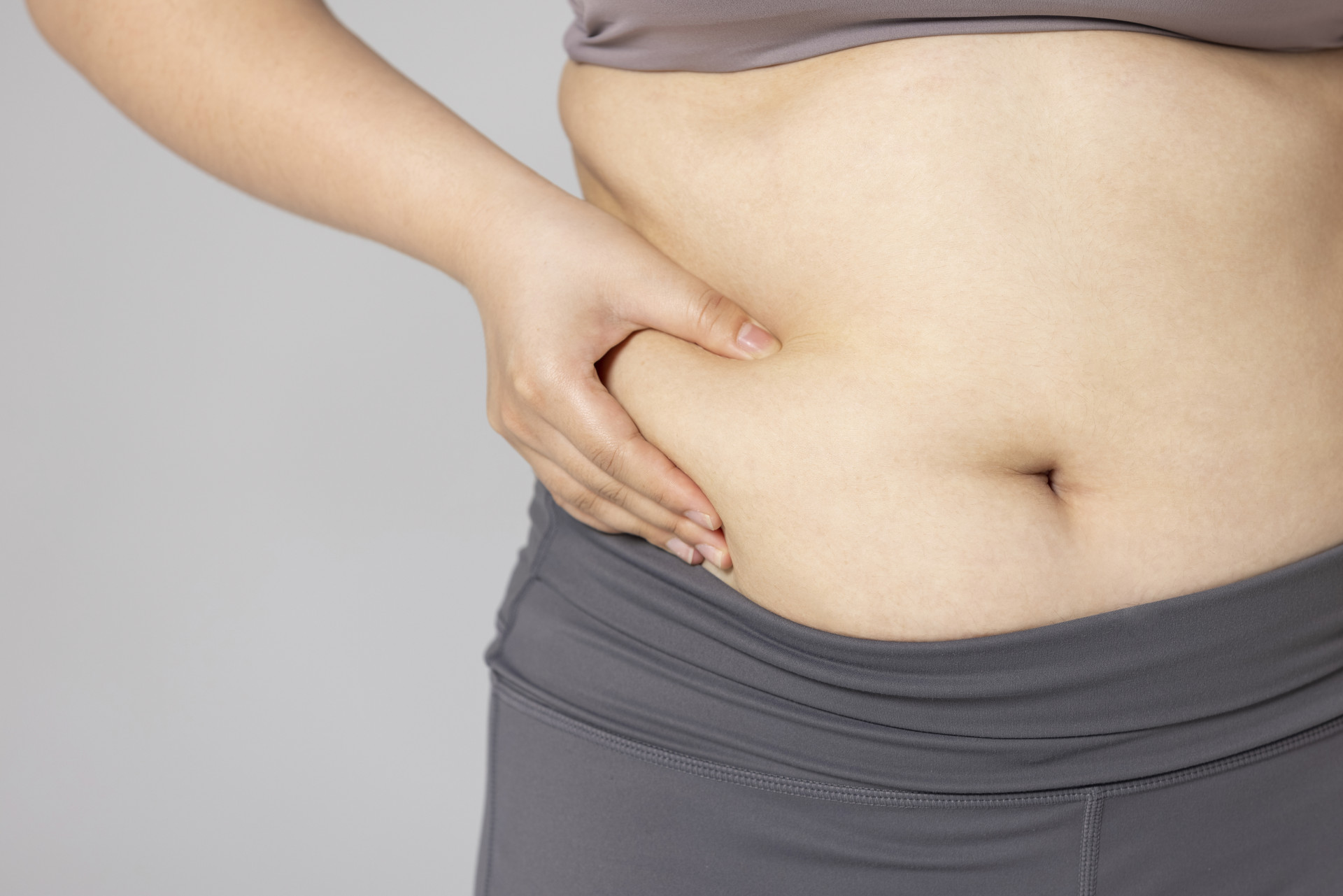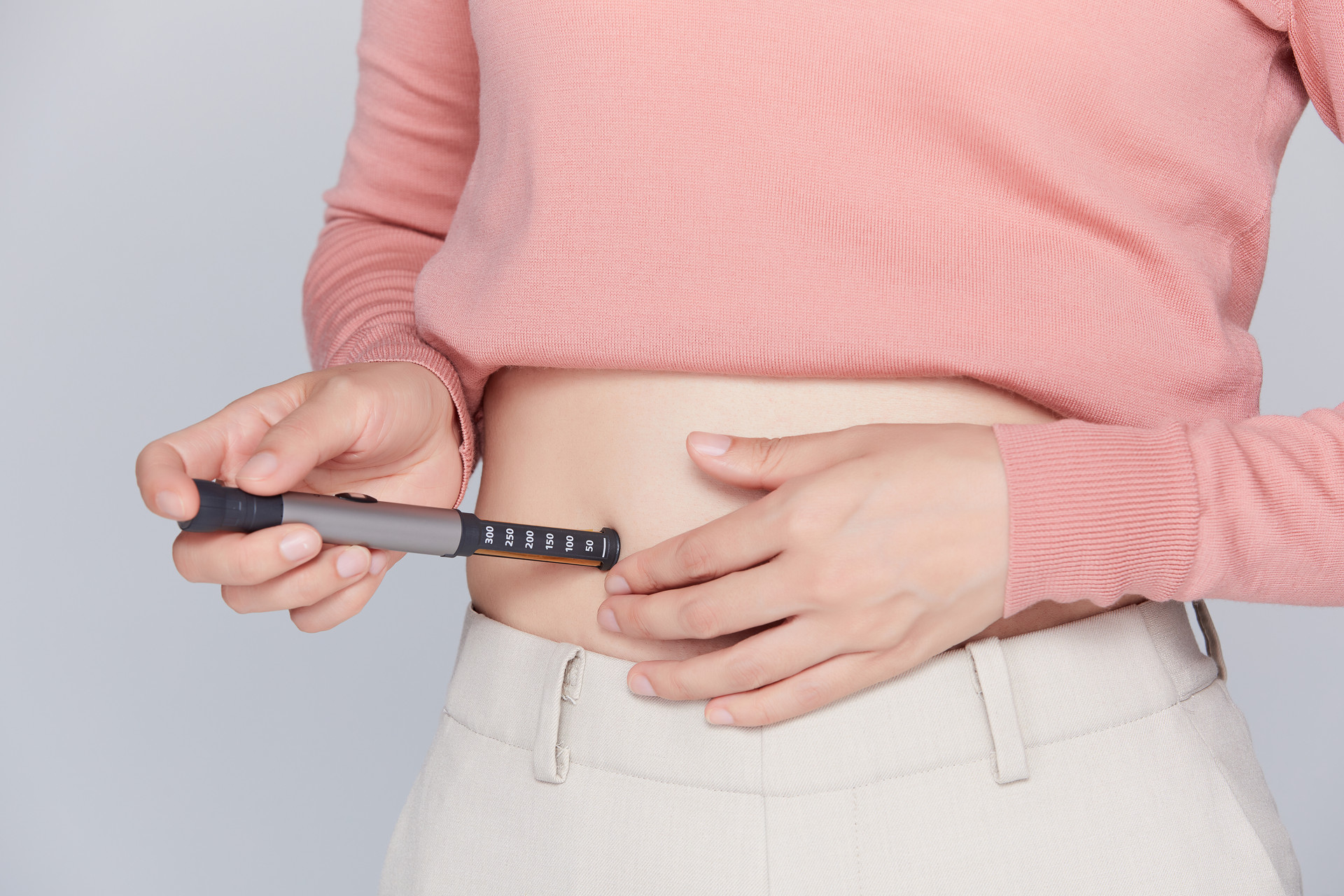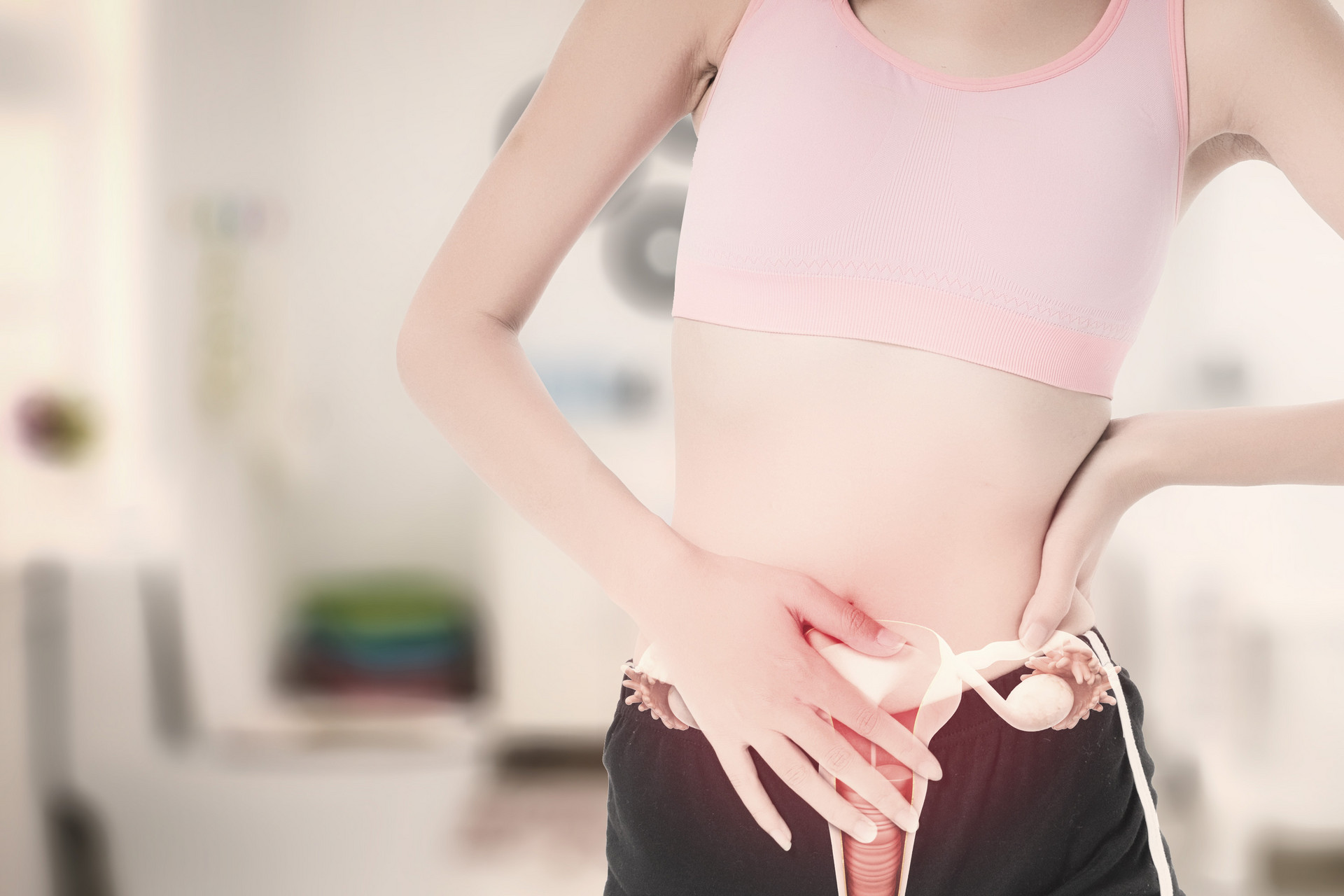More than 90% of expectant mothers will find themselves "swelling up" and their feet getting "puffy" during the late stages of pregnancy, a phenomenon known as pregnancy edema. Is pregnancy edema directly related to drinking water? Do expectant mothers need to restrict their water intake?
With the arrival of the baby's growth peak, many expectant mothers will experience a significant increase in weight during the later stages of pregnancy. However, it is not difficult to determine whether it is weight gain or edema. Press your thumb on the shin bone of the lower leg, and if the skin visibly sinks and does not quickly recover, it is edema. In addition, unlike weight gain, edema is not systemic and most commonly occurs in the lower body of expectant mothers. The main cause of edema is hormonal changes during pregnancy, which leads to the retention of water and salt in the body tissues, increased water content, compression of the pelvic veins, and obstruction of venous return in the lower limbs. As the weeks of pregnancy increase, the edema of expectant mothers will become more pronounced, and if they stand for long periods of time or sit still for a long time, it is even more likely to cause edema.
Generally, expectant mothers with physiological edema do not need to worry too much or restrict their water intake. Because lower limb edema during pregnancy is caused by uterine compression or excessive salt intake, it is not related to drinking too much water. Therefore, expectant mothers should still drink water in moderation. In addition, drinking water can promote metabolism and prevent urinary tract infections. However, it is also important to note that the diet should be light, avoiding hard-to-digest and bloating foods such as sweet potatoes and onions, and consuming an adequate amount of high-quality protein, as well as vegetables and fruits that enhance metabolism. At the same time, if leg edema is severe, expectant mothers should rest in bed and elevate their legs with pillows or cushions, which will naturally reduce the swelling.
Furthermore, if edema does not improve after trying various methods and there is a sudden increase in weight, along with symptoms such as high blood pressure and proteinuria, it may be a sign of preeclampsia and immediate medical examination and appropriate treatment are necessary to avoid worsening of the condition.











